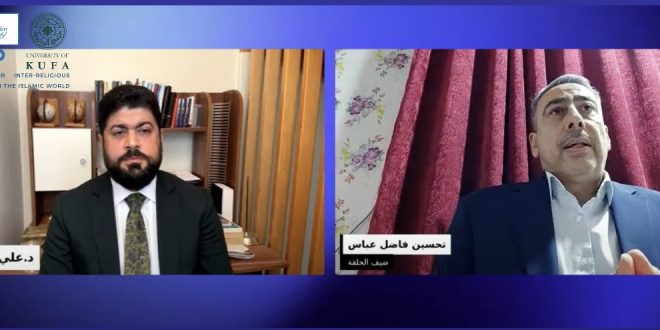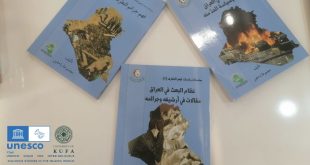The UNESCO Chair, in collaboration with the Echo of Humanity program on the Hamsah Net platform — which broadcasts across Scandinavian countries — organized an online dialogue symposium. The discussion was moderated by Dr. Ali Al-Mousawi, Secretary-General of the International Council for Religious and Humanitarian Dialogue in Oslo.
During the event, Professor Dr. Tahseen Fadel Abbas, a distinguished member of the UNESCO Chair for Interreligious Dialogue, offered an illuminating overview of the Chair’s history at the University of Kufa. He explained that the Chair was established in 2015, following the tragic events of 2006 and the earlier political transformations of 2003. Given that the city of Najaf stands as a profound center of civilization, heritage, and spirituality — home to the religious authority and the shrine of Imam Ali (the Pioneer of Humanity) — the University of Kufa took it upon itself to confront the challenges of that era, striving to foster unity among Iraq’s diverse communities and to strengthen the common bonds between differing groups.
The discussion also delved into Dr. Tahseen’s latest publication, “The Role of the Shia in Peaceful Coexistence,” in which he demonstrates that throughout history, Shia-led states never imposed their doctrine upon their subjects. This reflects the very essence of the Qur’anic principle “There is no compulsion in religion,” as well as the humane teachings of the Prophet Muhammad (peace be upon him) and his pure household. Faith, as Dr. Tahseen emphasized, resides in the heart; love springs naturally from within — it cannot be coerced, for belief is a matter of inner conviction and spiritual physiology.
The Prophet’s noble dealings with those who differed in creed stand as the most radiant embodiment of mutual respect and freedom — the finest expression of peaceful coexistence. Thus, the path to genuine development and shared living lies in embracing dialogue, nurturing future generations upon the values of respect and communication, and recognizing that diversity is the divine law of existence. Its remedy, therefore, is knowledge, dialogue, and understanding.
In conclusion, peaceful coexistence remains the only viable path toward a life free from extremism and fanaticism — a life anchored in the harmony of difference and the beauty of shared humanity.
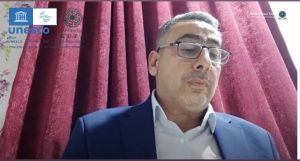
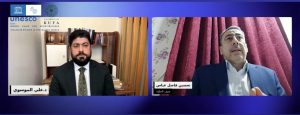
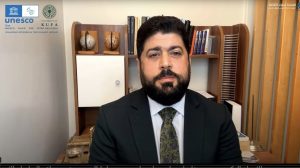
 UNESCO CHAIR For Inter-Religious Dialogue Studies in The Islamic World
UNESCO CHAIR For Inter-Religious Dialogue Studies in The Islamic World
